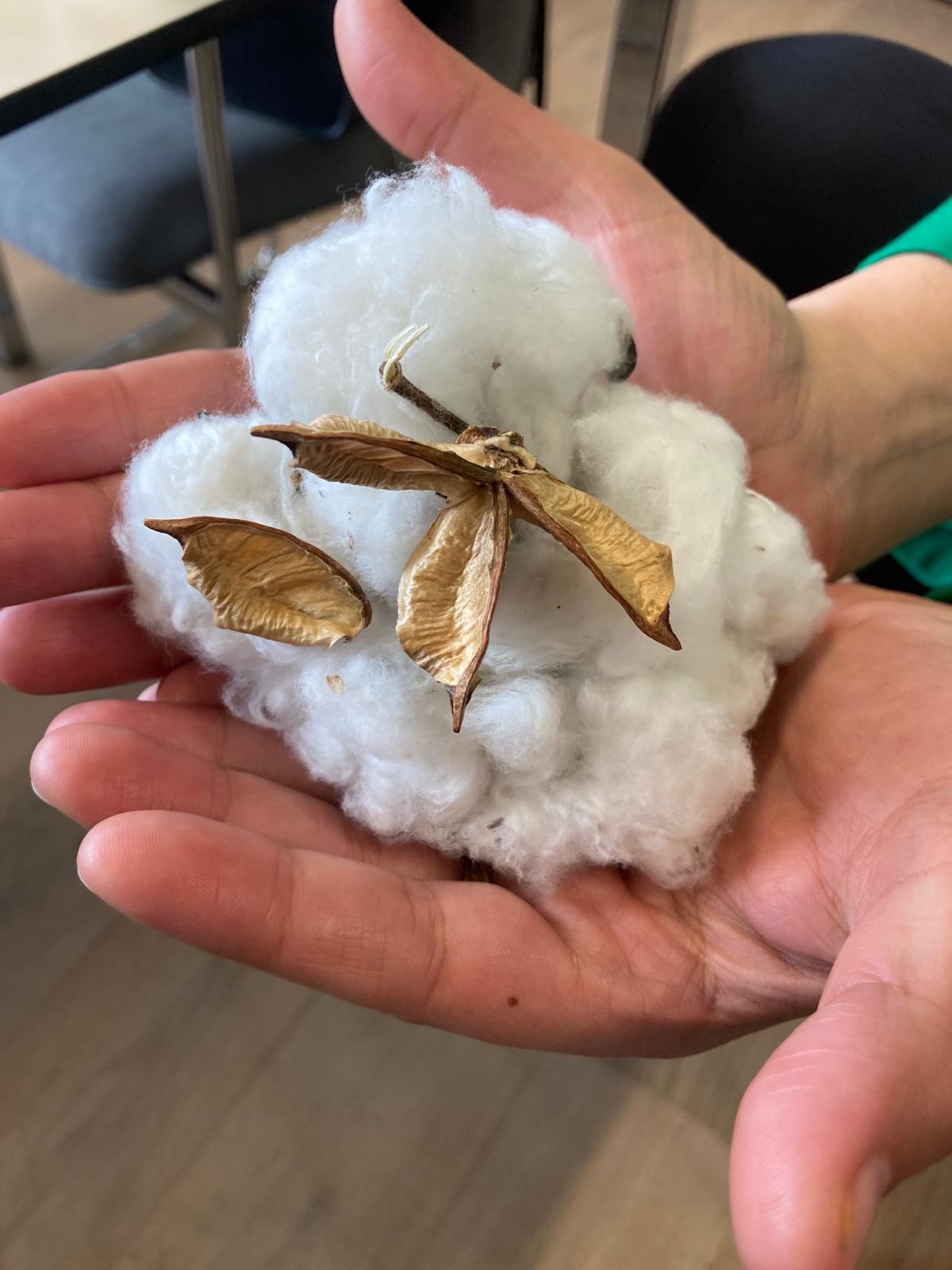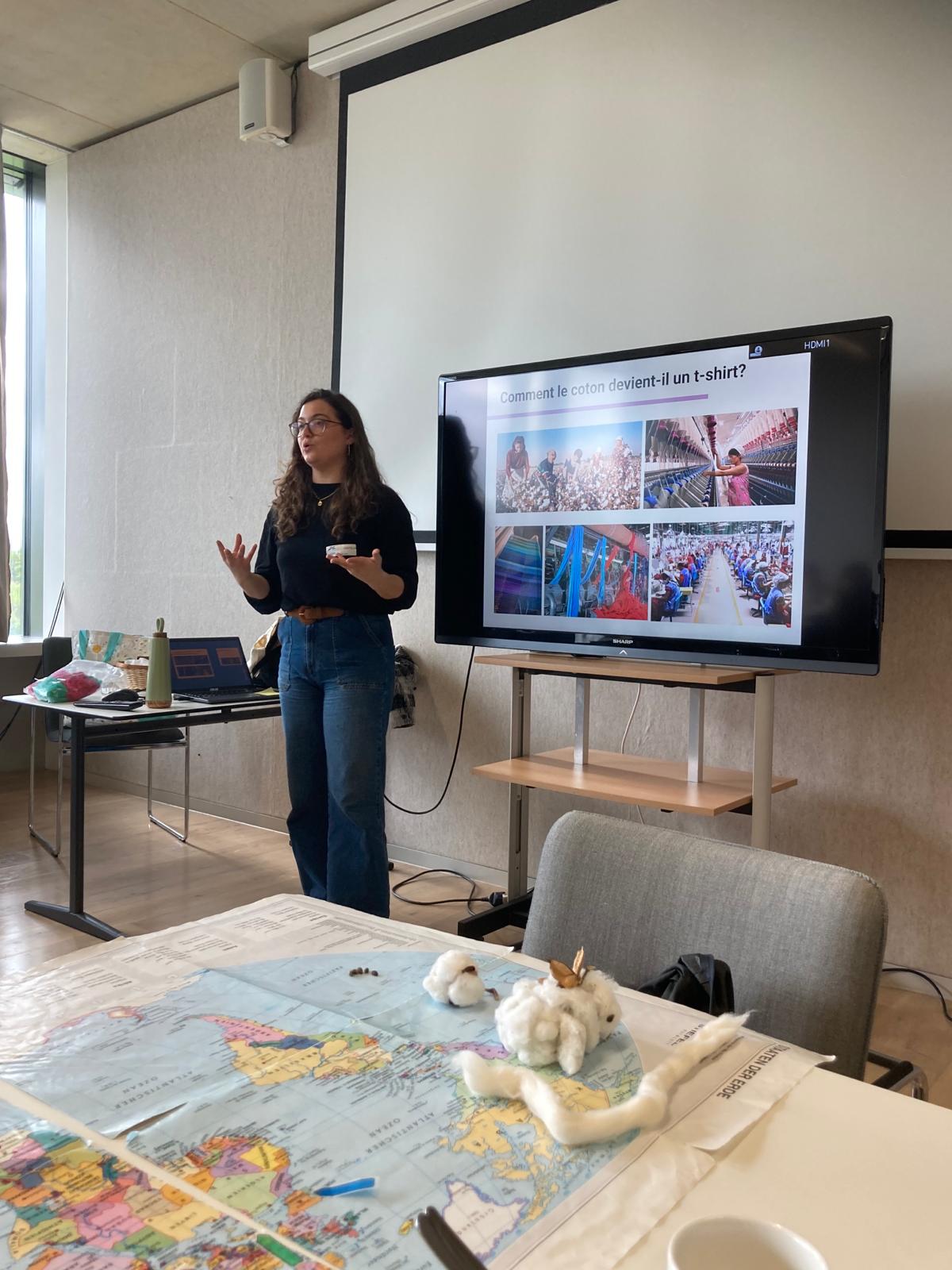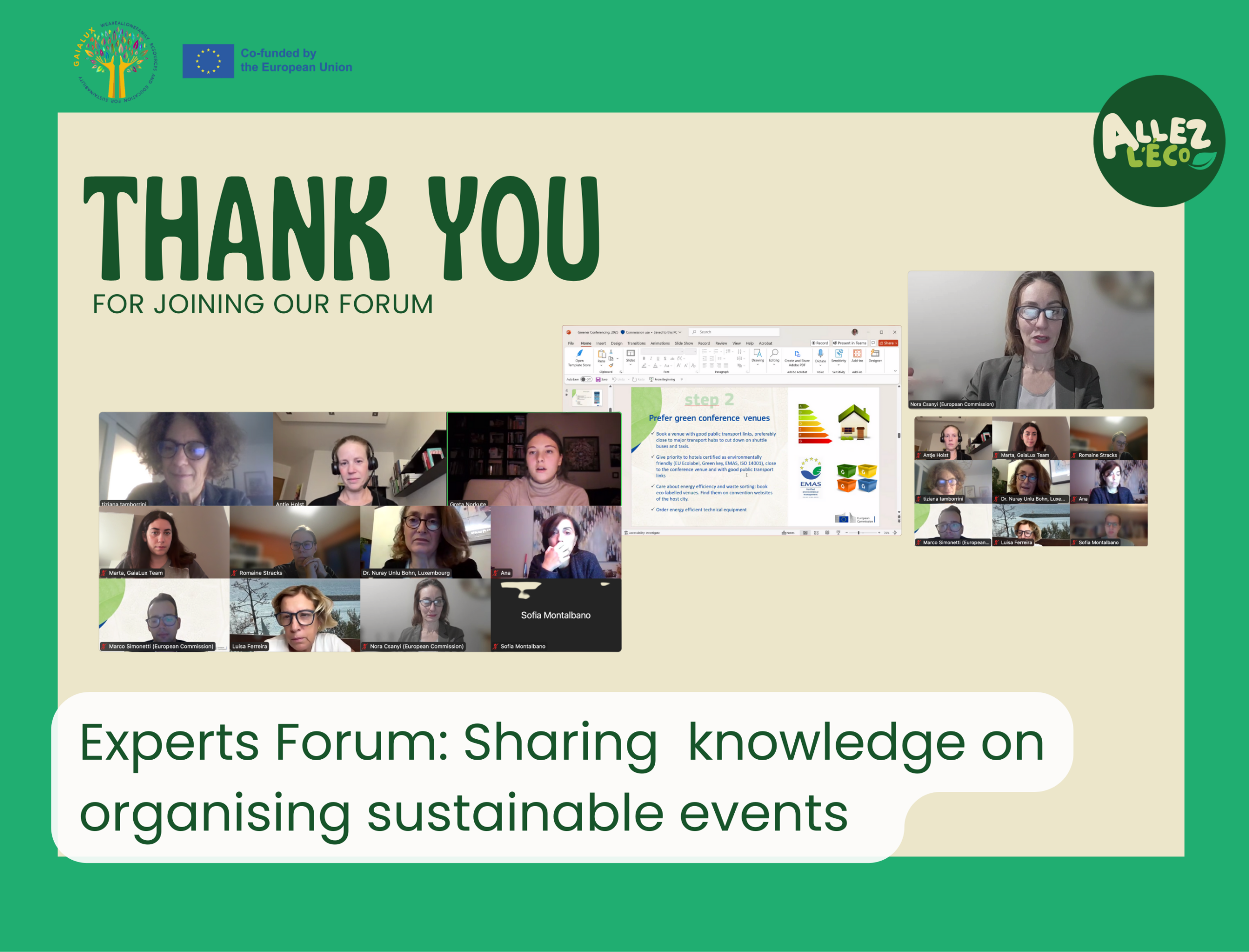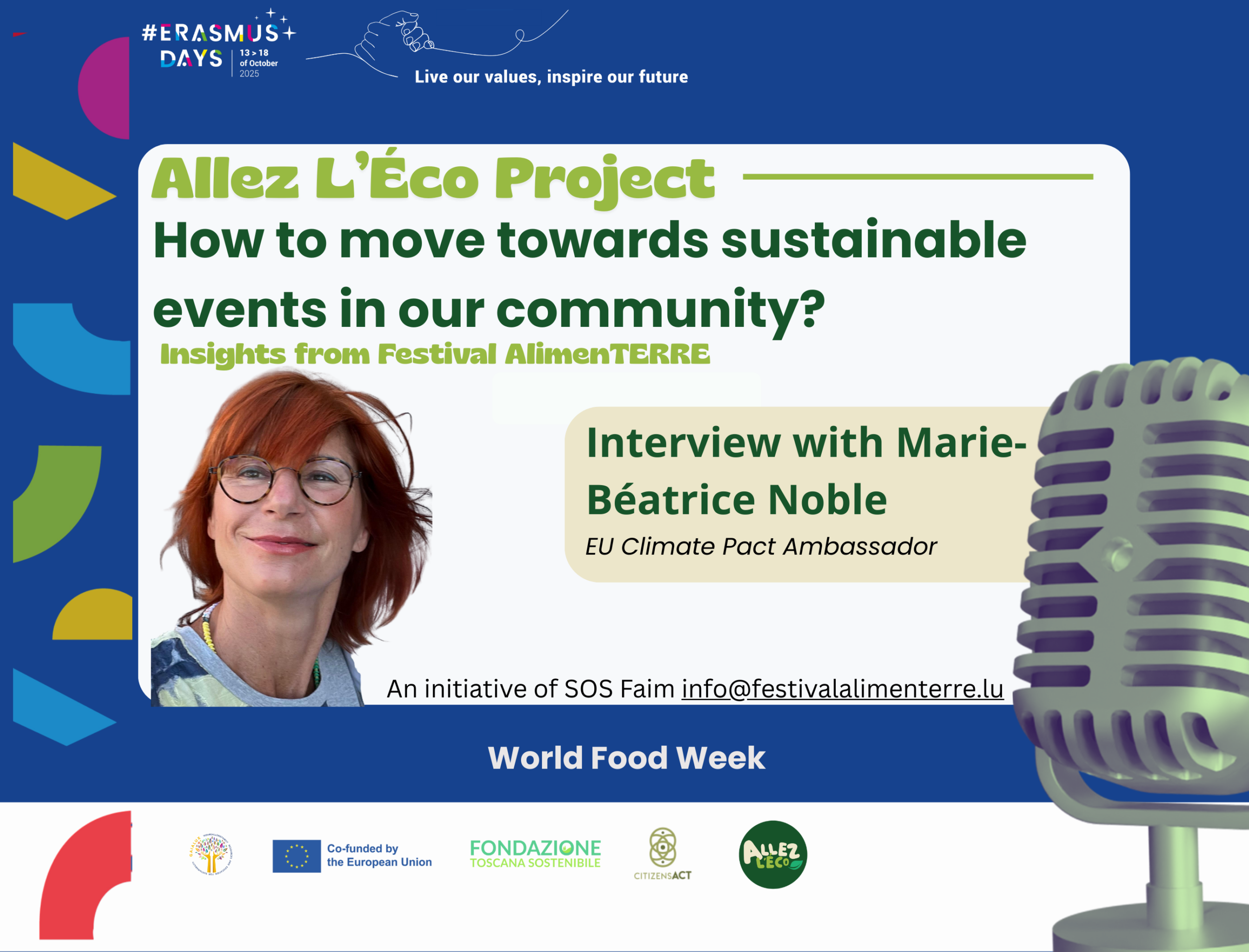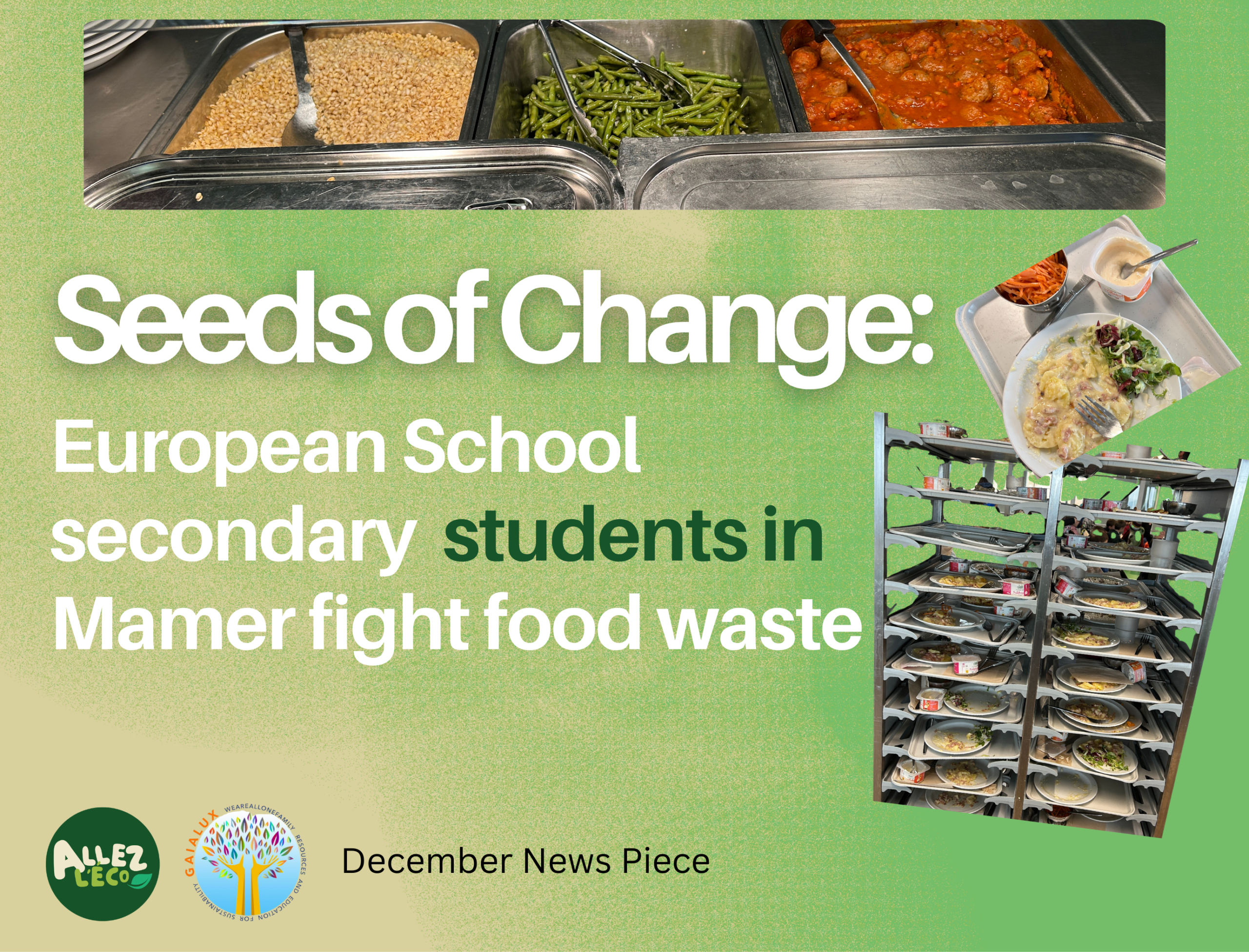GaiaLux team recently participated in a thought-provoking workshop of Fair Trade Luxembourg hosted by the European School Luxembourg II , with high school students. Immersed in an interactive game, they were confronted with the harsh realities of the fast fashion industry. Guided through a digital escape game, students embarked on a journey through the dark underbelly of fast fashion, a world where the glamorous facade of the runway contrasts sharply with the often-inhumane working conditions and devastating environmental impact. The game kicked off with a poignant scenario: a fashion influencer stumbles upon a distress call hidden within two labels marked with SOS and a message in a foreign language from Sura, a textile worker. Their investigation led them to Dacca in Bangladesh.
Among the shocking revelations, students discovered that workers in these factories may be compelled to work up to 14 hours a day for wages as low as 18 cents per t-shirt, while these same products are sold at exorbitant prices in the West, often around 30 euros. Additionally, they were stunned to learn that a simple pair of jeans requires the use of 11,000 liters of water, equivalent to 50 bathtubs. The reactions were immediate. The amount of water used in clothing production was particularly striking for the students, who realized that a single cotton t-shirt requires the same amount of water as a person drink in two and a half years. This served as a catalyst for reflection on their criteria for clothing purchases. Among the criteria cited by students for clothing purchases, necessity, durability, and manufacturing conditions occupy a prominent place. They also became aware of the complexity of the “Made in” labeling, understanding that this designation can be misleading regarding the actual origin of the garments since “made in France” could mean only the final stage of production was done in France. Moreover, with 80% of clothing produced in Asia, especially in China and Bangladesh, they realized the social and environmental implications of their consumption choices.
The distinction between natural and synthetic materials was also addressed. While cotton remains a popular natural fiber, synthetic materials like polyester are gaining popularity due to their reduced cost and ease of production. However, students became aware that to make polyester, it is not recycled plastic that is used but plastic specifically created for these fabrics. The workshop also raised crucial questions about cotton farming, revealing the environmental and social challenges associated with this industry. The overuse of pesticides, precarious working conditions, and even forced child labor in cotton fields sparked outrage among participants, prompting them to explore more sustainable alternatives.
Ultimately, this workshop opened the eyes of students to the profound implications of their fashion choices. By encouraging them to “rethink their clothes,” it planted the seeds of more responsible and conscious consumption, guided by ethical and environmental values. As fast fashion continues to thrive, initiatives such as Caritas’ “Rethink your clothes” campaign in partnership with the NGO Fairtrade Lëtzebuerg offer a path towards a more equitable and sustainable fashion industry for all.
GATTAUX Emma (intern Gaialux)
Other Events
Allez L'Éco, Article, News
Allez L'Éco, News, SDG 12

